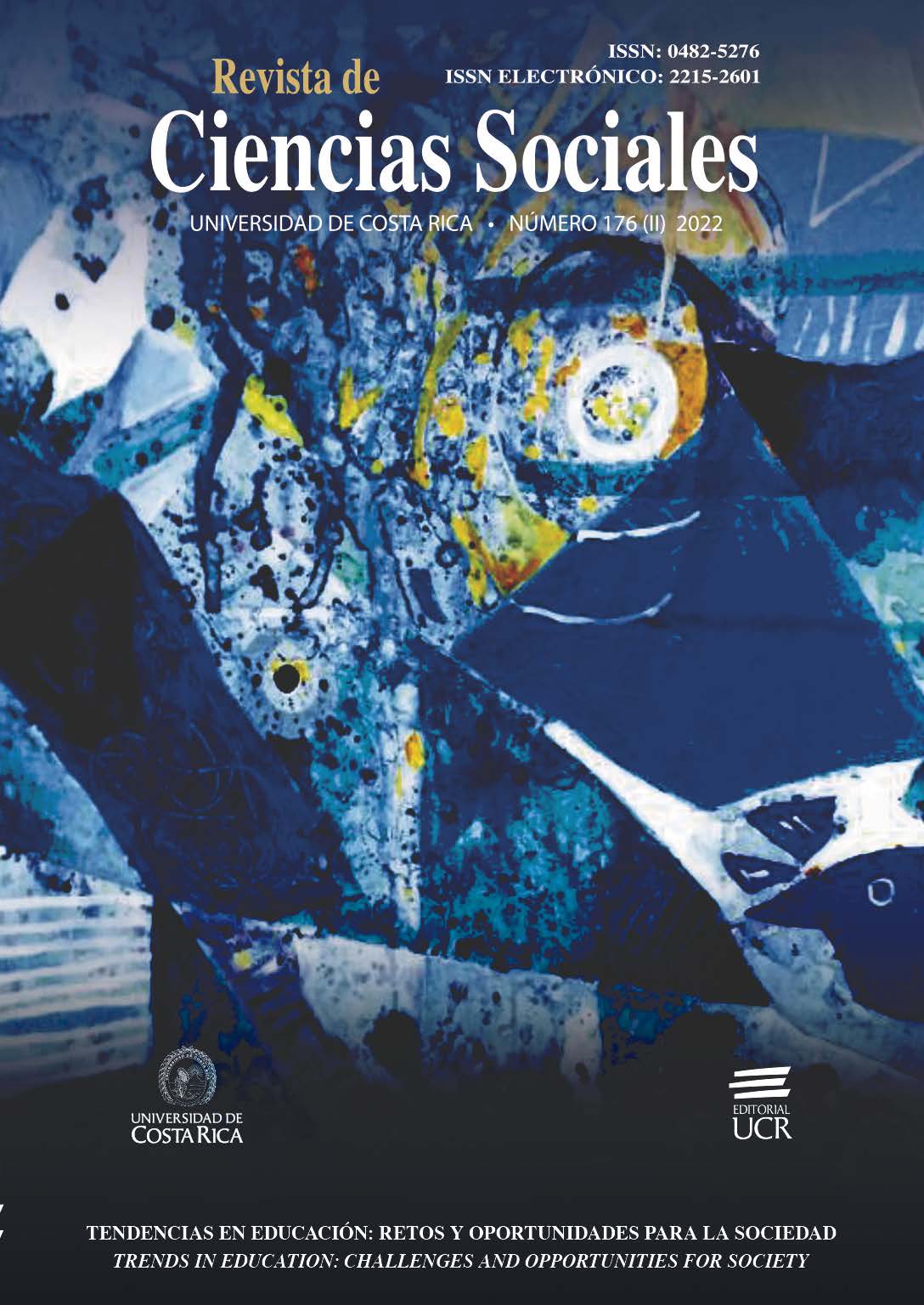Abstract
In this article we address, from a comprehensive perspective, the socio-territorial dynamics that emerged between 1990 and 2020, in the border crossing between Cúcuta (Colombia) and Ureña (Venezuela), based on the behavior analysis of the migratory flow that runs through this crossing. The methodology used is that of the case study and the sources are qualitative. The information gathered allows us to consider that, during the period studied, social conflict increased in this border crossing, due to the dispute for the control and appropriation of the border zone by illegal actors, interested in making the intensification of migratory flows in the direction of both countries profitable, due to the political instability that has marked the recent history of both sides of the border, during the period studied.


